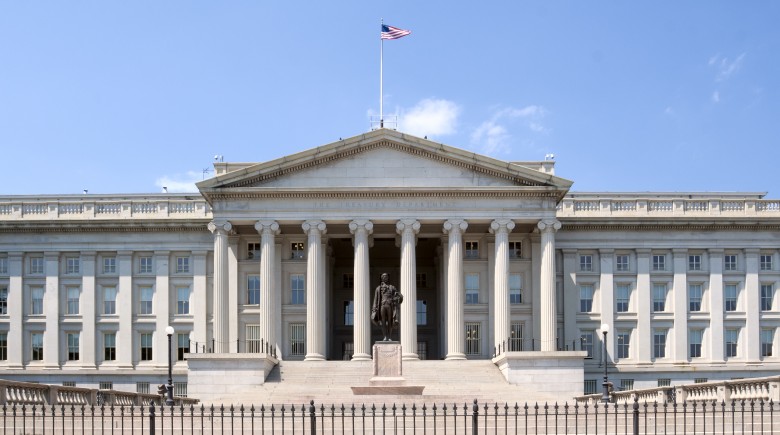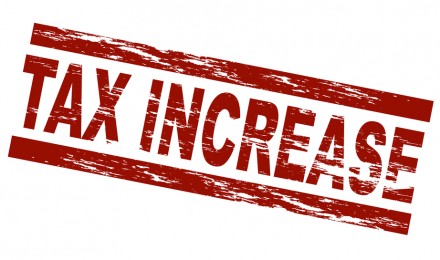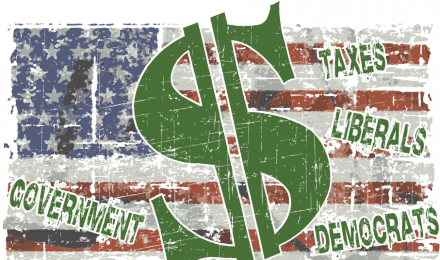One of the biggest complaints people hear about those who have money is that they have ways of hiding it. Using an offshore account to avoid taxes on gains is one of the ways that many tax evaders use. While it may be popular, it is illegal, and the US Government has long known that this evasion is a problem. They recently started working together with other countries to help crack down on those trying to hide their money and avoid paying taxes.
The Foreign Account Tax Compliance Act (FATCA) was created to help garner support from other countries in order to help track down the evaders. There has been significant interest from foreign governments, and although the program was supposed to end (or more specifically: stop gathering supporting countries) by January 1, 2014, it has been extended until July 1, 2014. The Act already has 9 countries on board, and they hope that extending the deadline to show support by six months they will be able to get the cooperation of 80 more.
In order to help remediate the problem of tax evasion, Foreign Financial Institutions (FFI’s) will now be required to identify their US based customers. In addition, they will be required to report certain information to the US government. This information will be used in order to collect the required taxes on the accounts. If the FFI refuses, and the country has an agreement through FATCA, the non-participating FFI will have a mandatory 30% withholding.
For the IRS to extend its scope to 89 other countries, and correspond with every FFI individually would be a logistic nightmare. Instead of the FFI’s reporting to the IRS, they will report to Intergovernmental Agencies (IGA’s). These IGA’s will relay the information to the IRS. By doing this, the FFI’s only have to report to their own government. Their government, in turn, reports to the US government.
The 6 month extension of the program is not because it is a cumbersome process to get on board. There actually seems to be overwhelming support of the plan. This is because tax evasion is not just a US problem, although the US does hold a bulk of the perpetrators. The six month delay is primarily to allow the rest of the countries ample time to comply, and it give them 6 more months of putting it off. Eventually many countries will come around to form a worldwide network of tax reporting.
FATCA is a way for the US to collect more taxes. Many countries have a love-hate relationship with the idea, and that is a big reason why the deadline has been pushed back further. The fact remains though that the US needs to collect enough taxes to remain solvent. Do you think it is appropriate for the US government to go through such efforts to track down these tax evaders? How much is it costing compared to what the program will bring in? Do you agree that those with foreign accounts should be pursued, or is it their right to try to hide their money if they have the means to do so?
One of the biggest complaints people hear about those who have money is that they have ways of hiding it. Using an offshore account to avoid taxes on gains is one of the ways that many tax evaders use. While it may be popular, it is illegal, and the US Government has long known that this evasion is a problem. They recently started working together with other countries to help crack down on those trying to hide their money and avoid paying taxes.
The Foreign Account Tax Compliance Act (FATCA) was created to help garner support from other countries in order to help track down the evaders. There has been significant interest from foreign governments, and although the program was supposed to end (or more specifically: stop gathering supporting countries) by January 1, 2014, it has been extended until July 1, 2014. The Act already has 9 countries on board, and they hope that extending the deadline to show support by six months they will be able to get the cooperation of 80 more.
In order to help remediate the problem of tax evasion, Foreign Financial Institutions (FFI’s) will now be required to identify their US based customers. In addition, they will be required to report certain information to the US government. This information will be used in order to collect the required taxes on the accounts. If the FFI refuses, and the country has an agreement through FATCA, the non-participating FFI will have a mandatory 30% withholding.
For the IRS to extend its scope to 89 other countries, and correspond with every FFI individually would be a logistic nightmare. Instead of the FFI’s reporting to the IRS, they will report to Intergovernmental Agencies (IGA’s). These IGA’s will relay the information to the IRS. By doing this, the FFI’s only have to report to their own government. Their government, in turn, reports to the US government.
The 6 month extension of the program is not because it is a cumbersome process to get on board. There actually seems to be overwhelming support of the plan. This is because tax evasion is not just a US problem, although the US does hold a bulk of the perpetrators. The six month delay is primarily to allow the rest of the countries ample time to comply, and it give them 6 more months of putting it off. Eventually many countries will come around to form a worldwide network of tax reporting.
FATCA is a way for the US to collect more taxes. Many countries have a love-hate relationship with the idea, and that is a big reason why the deadline has been pushed back further. The fact remains though that the US needs to collect enough taxes to remain solvent. Do you think it is appropriate for the US government to go through such efforts to track down these tax evaders? How much is it costing compared to what the program will bring in? Do you agree that those with foreign accounts should be pursued, or is it their right to try to hide their money if they have the means to do so?






